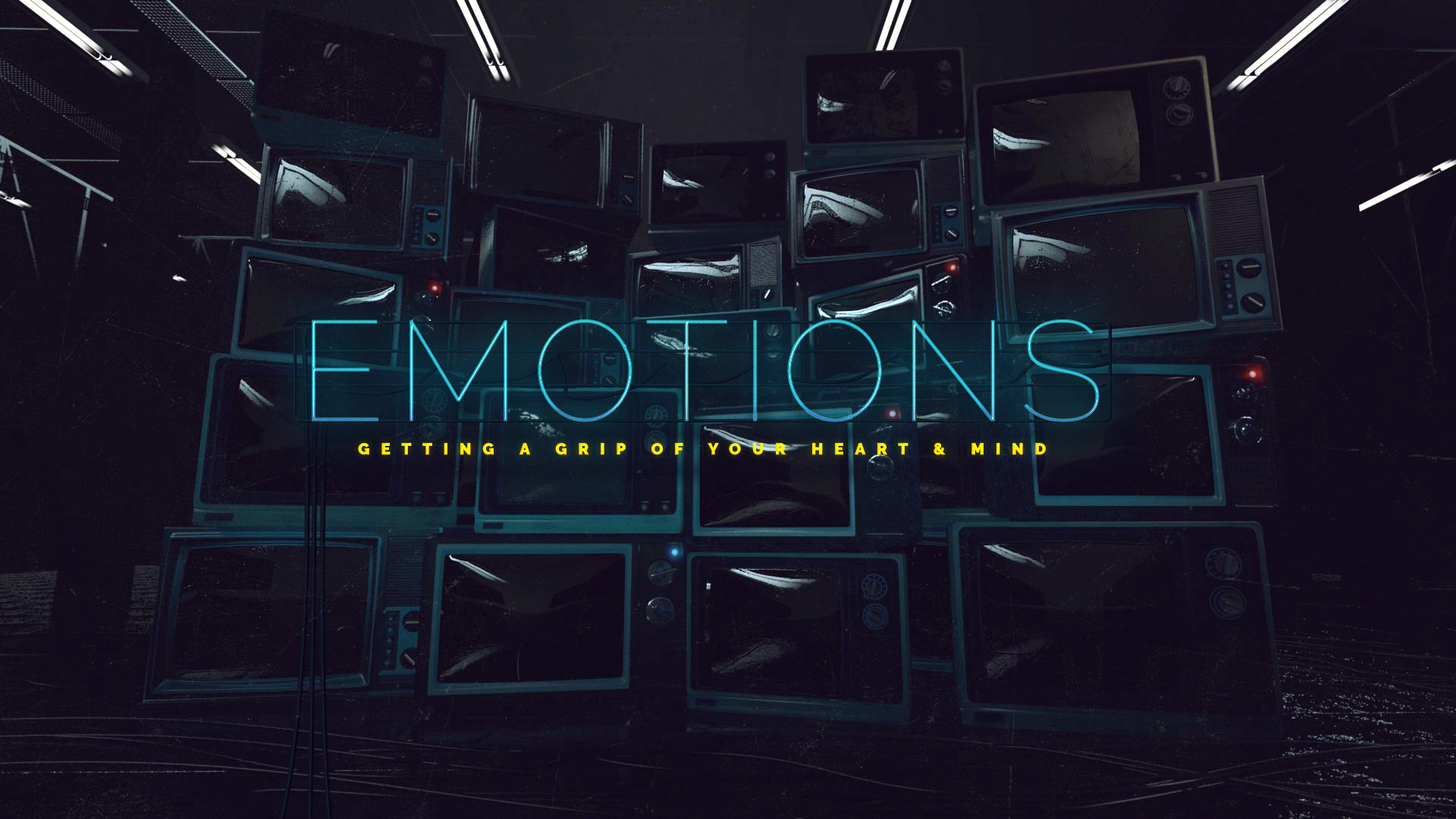-
Priceless
Contributed by Ted Sutherland on Nov 28, 2017 (message contributor)
Summary: There are some things money can’t buy and for everything else there’s Master Care.
8 reasons in support of a worry-free life.
1. Worry is Needless, 25
2. Worry is Senseless, 26
3. Worry is Useless, 27
4. Worry is Faithless, 28-30
5. Worry is Godless, 31-32a
6. Worry is Pointless or Fatherless, 32
7. Worry is Restless, 34
8. To Be Worry-free is Priceless , 33
Master Card Commercial: The guy is trying to kiss his girlfriend good bye at the door telling her that her dad wont see it and no one will know, when her sister opens the door and says, “kiss him or I will or dad will but take your arm off the intercom button.”—That’s “priceless”
What we value determines how we live. If we have double vision—if we look intently on earth and try also to look at heaven—we will stumble and fall flat on our faces.
We need to value the eternal.
“Take therefore no thought for the morrow” (34).
Verb means, don’t give anxious thought.”
Jesus is not warning against forethought but against foreboding.
It doesn’t mean “don’t work.” Jesus used birds as an example. Every self respecting bird works hard for food and shelter. But it doesn’t worry. God is not against working; He is against worrying.
8 reasons in support of a worry-free life:
1. Worry is Needless, 25
25 Therefore I say unto you, Take no thought for your life, what ye shall eat, or what ye shall drink; nor yet for your body, what ye shall put on. Is not the life more than meat, and the body than raiment?
Life is more important than food and clothing. If God did the greater thing—gave us life and created our bodies—surely he will do the lesser thing—give us food to sustain us and clothes to keep us warm.
If He has done the big thing we can expect Him to do the little thing.
Example: If a jeweler gave you an expensive diamond ring as a gift, would you not expect him to give you a box to put it in? Jesus asked is not life more important than food, and the body more important than clothes?
Advertisers give a message that we are what we wear and what we eat.
2. Worry is Senseless, 26
26 Behold the fowls of the air: for they sow not, neither do they reap, nor gather into barns; yet your heavenly Father feedeth them. Are ye not much better than they? (Don’t ask the environmentalist extremists this).
“Are ye not much better than they?”
We spend thousands of dollars to research the effect our projects might have on spotted owls.
A guy is caught by a ranger eating a bald eagle and is consequently arrested for the crime. On the day of his trial, the conversation went something like this:
JUDGE: “Do you know that eating a bald eagle is a federal offense?”
MAN: “Yes I did. But if you let me argue my case, I’ll explain what happened.”
JUDGE: “Proceed.”
MAN: “I got lost in the woods. I hadn’t had anything to eat for two weeks. I was so hungry. Next thing I see is a Bald Eagle swooping down at the lake for some fish. I knew that if I followed the Eagle I could maybe steal the fish. Unfortunately, in the process of taking the fish I killed the Eagle. I figured that since I killed the Eagle I might as well eat it since it would be more disgraceful to let it rot on the ground.”
JUDGE: “The court will take a recess while we analyze your testimony.”
15 minutes goes by and the judge returns.
JUDGE: “Due to the extreme circumstance you were under and because you didn’t intend to kill the Eagle, the court will dismiss the charges. But if you don’t mind the court asking, what does a Bald Eagle taste like?”
MAN: “Well your honor, it is hard to explain. The best I can describe it is maybe a combination between a California Condor and a Spotted Owl.”
Robins work, they have to feed chicks 100 times a day, but they don’t worry, they sing.
Jesus is saying, be like birds who don’t worry. Their creator takes care of them and yours will take care of you.
26 Behold the fowls of the air: for they sow not, neither do they reap, nor gather into barns; yet your heavenly Father feedeth them. Are ye not much better than they?
He is not suggesting that we stop sowing, reaping, and storing. God is not against farming. He was simply reminding us how much better off we are than the birds. They can’t sow, reap, or store, yet they don’t worry. Why then he asked rhetorically, should we who have these abilities spoil our lives with worry?
If God as creator and sustainer has set in order the process to feed the birds, surely He has made provision to feed us as well.

 Sermon Central
Sermon Central



